By Manisha Sahu
America News World
October 21, 2025
In a dramatic and escalating legal battle, the United States Department of Justice (DOJ) has signalled its intention to seek the disqualification of lead defence counsel Patrick J. Fitzgerald in the case against former James B. Comey, formerly director of the Federal Bureau of Investigation (FBI). Prosecutors claim Fitzgerald may have played a role in media disclosures tied to Comey’s 2017 dismissal, calling into question whether his representation now poses a conflict of interest.

The Filing & Its Significance
On October 19–20, 2025, federal prosecutors in the Eastern District of Virginia filed a motion requesting a so-called “filter team” and raised the possibility of disqualifying Fitzgerald as Comey’s attorney. The motion refers to publicly disclosed information and a 2019 report by the DOJ’s Office of the Inspector General (OIG) that examined Comey’s handling of memoranda and classified material after his dismissal in 2017.
Prosecutors wrote:
“Based on publicly disclosed information, the defendant used current lead defence counsel to improperly disclose classified information … This fact raises a question of conflict and disqualification for current lead defence counsel.”
Also read:- Trump Starts East Wing Demolition for $250M White House Ballroom
The motion requests that the court expedite review of the evidence—especially communications and materials between Comey and his attorneys—to determine whether privileged information has been involved and whether Fitzgerald’s previous role creates an impermissible conflict.
What It’s About: The 2017 Memo Disclosures
The issue stems from events in 2017, after Comey was dismissed by then-President Donald J. Trump. Comey had prepared memoranda memorialising his interactions with the President, and in early 2017 instructed his attorney and friend, law-professor Daniel Richman, to share one memo with The New York Times.
According to the OIG report, some of the memos contained material later designated as classified. The report faulted Comey for failing to adequately protect the materials, though it found no evidence that Comey or his attorneys released the classified contents to the media. The DOJ in its new filing points to Fitzgerald’s involvement—as an attorney who received copies of the memos and deleted them at the FBI’s request—as raising a potential conflict in his current role representing Comey.
Comey’s Case & Fitzgerald’s Role
Comey was indicted last month on two counts: making false statements to Congress and obstruction of a congressional proceeding, related to his 2020 Senate testimony about media leaks. He has pleaded not guilty and is represented by Fitzgerald among others.
Fitzgerald is a veteran prosecutor-turned-defence attorney and longtime friend of Comey. Prosecutors assert this relationship, combined with his 2017 role, may impair his ability to represent Comey without conflict. Comey’s legal team vigorously disputes the government’s motion, calling the suggestion of a “conflict” “provably false” and an attempt to smear the attorney. They emphasise the OIG itself concluded there was no leak of classified material by Comey or his counsel.
Legal and Strategic Implications
The move to disqualify a lead defence attorney is rarely seen at this stage in a high-profile federal case and signals the DOJ’s determination to challenge Comey’s defence strategy at multiple levels.
Key implications:
Privilege & filter team: The DOJ’s request for a separate “filter team” means that a set of independent lawyers would review documents to isolate privileged communications before prosecutors see them. This is typically used when attorney-client privilege or prior representation creates a risk.
Timing: The court has declined to rush a ruling on this motion, noting the DOJ had possessed the materials for years and only recently moved to expedite resolution. Judge Michael S. Nachmanoff gave the defence the standard two weeks to respond.
Defence disruption: If Fitzgerald is disqualified, Comey would need to replace one of his principal attorneys, which could delay proceedings, change strategy, and complicate preparations.
Broader narrative: The DOJ’s motion dovetails with Comey’s defence’s broader claims that the prosecution is vindictive and politically driven by Trump’s animus—rather than based purely on law enforcement merit.
What Comey’s Team Argues
Comey’s counsel argue the prosecution is part of a broader pattern of retaliation:
They claim his indictment arises from Trump’s personal animosity against Comey, due to Comey’s role in investigating the 2016 Trump campaign’s Russia ties and his later public criticism of the President.
They also challenge the appointment of the acting U.S. Attorney who signed the indictment—Lindsey Halligan—arguing her installment was unlawful and politically motivated.
Regarding the disqualification motion, the defence emphasises the OIG found no evidence of leaks of classified information and argue the DOJ’s conflict claim lacks substance.
Why It Matters
This development strikes at several high-stakes issues:
Attorney-client privilege vs. prosecutorial access: The DOJ’s push for a filter team raises questions about when and how privileged communications can be reviewed in sensitive cases.
Defence integrity and counsel selection: Disqualifying a lead attorney—especially one with long ties to the defendant—can raise fairness concerns in a major case.
Perception of politicisation: The entire Comey prosecution has been viewed by some legal analysts as part of a broader trend where political considerations may be influencing charging decisions. The motion adds another layer to that perception.
Pre-trial strategy: The outcome of the counsel disqualification motion could shape the trajectory of the case, including timelines, defence strategy, and potential plea or trial decisions.
What’s Next
The defence has until October 27 to respond to the DOJ’s motion.
Judge Nachmanoff will decide whether a filter team is necessary and whether Fitzgerald should remain as Comey’s lead counsel.
Simultaneously, Comey has filed motions seeking dismissal of the indictment on grounds of vindictive prosecution and unlawful appointment of the prosecuting attorney.
A trial is tentatively scheduled for January 2026, but these procedural motions could shift the timeline considerably.
In short, the DOJ’s request to potentially remove Patrick Fitzgerald as lead lawyer for James Comey adds a dramatic wrinkle to an already explosive case. The motion raises core legal questions of privilege, attorney conflict, prosecutorial fairness and political influence—all under the spotlight of a former FBI chief’s criminal prosecution. As the courtroom fireworks begin, this chapter may very well become the pivotal turning point in the case.
Discover more from AMERICA NEWS WORLD
Subscribe to get the latest posts sent to your email.
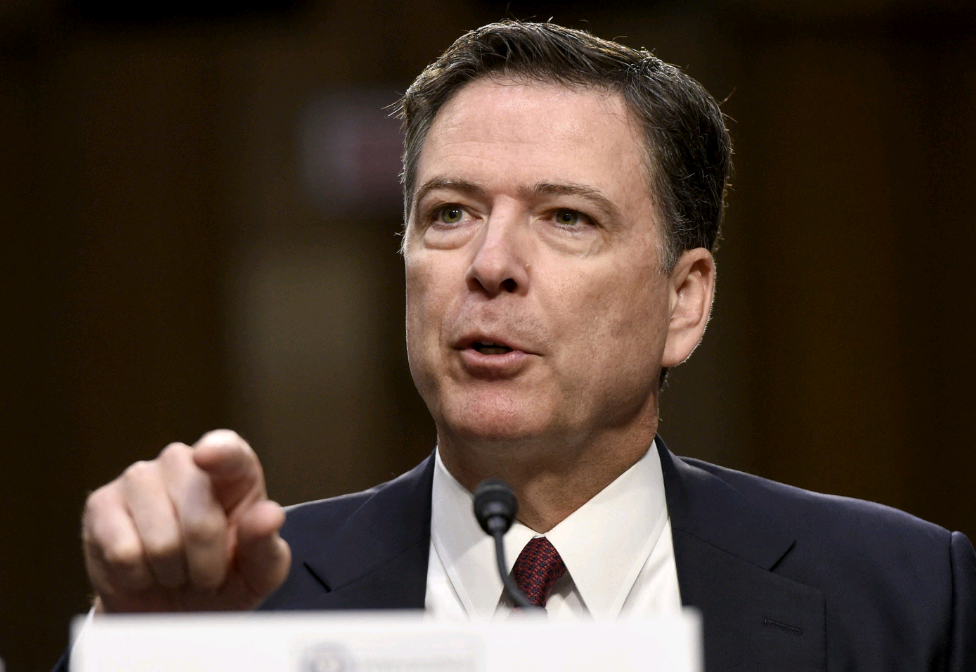
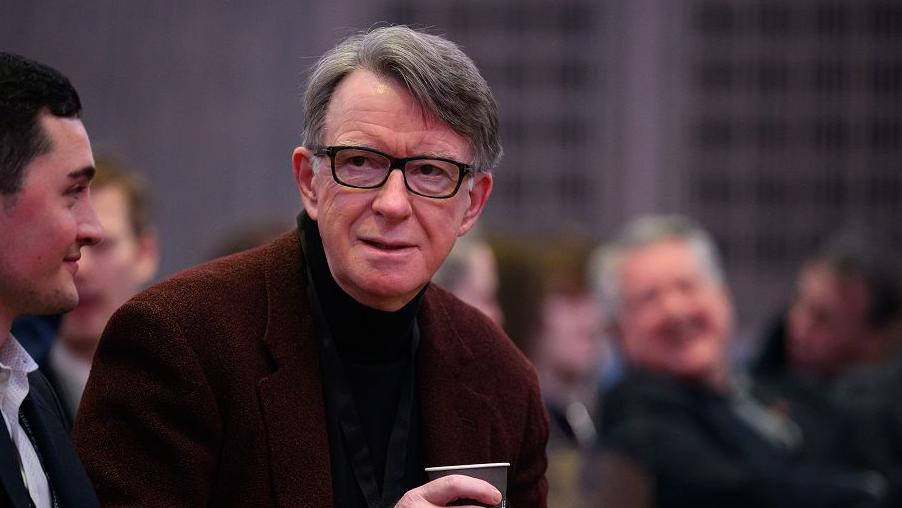




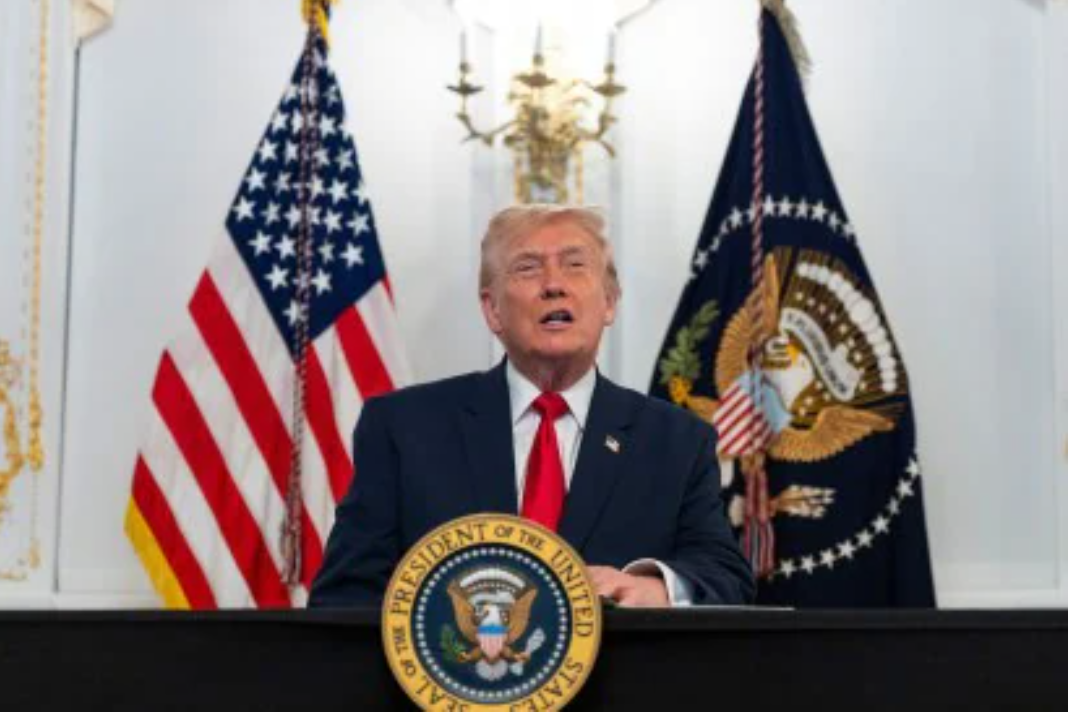




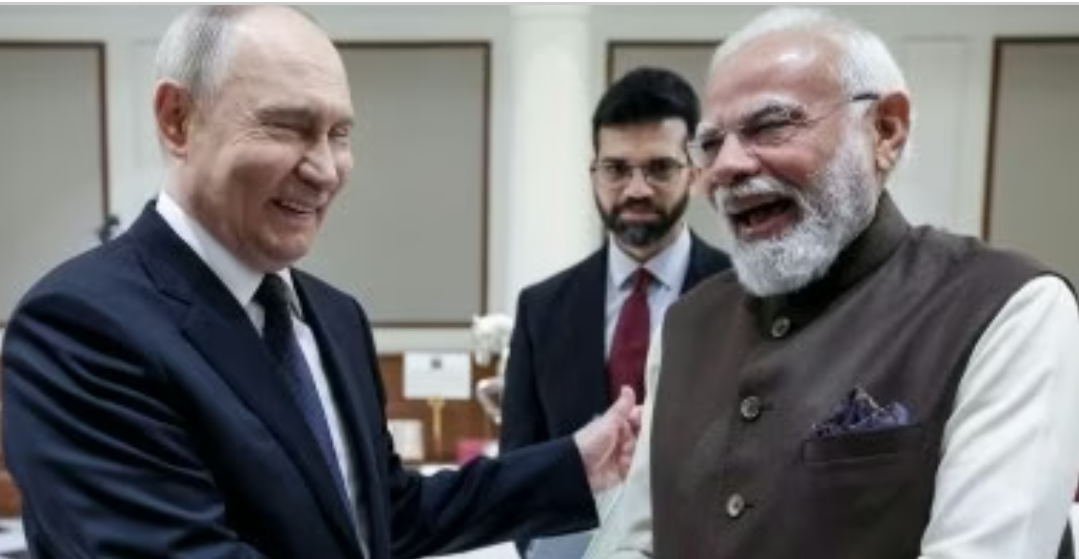

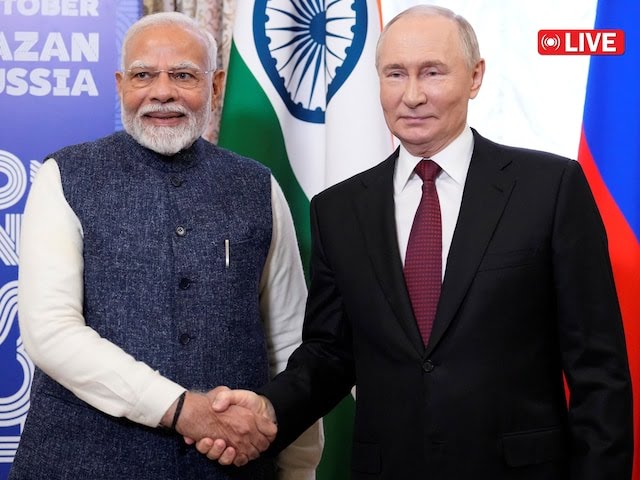
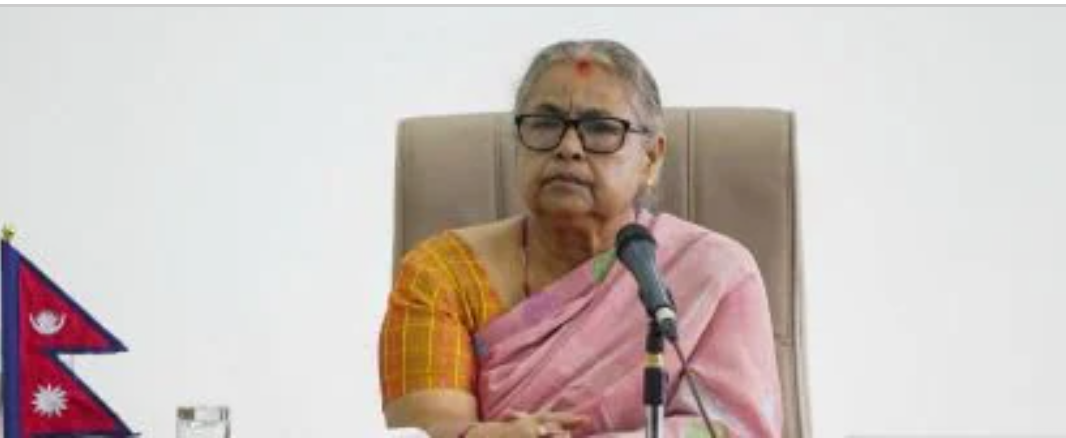
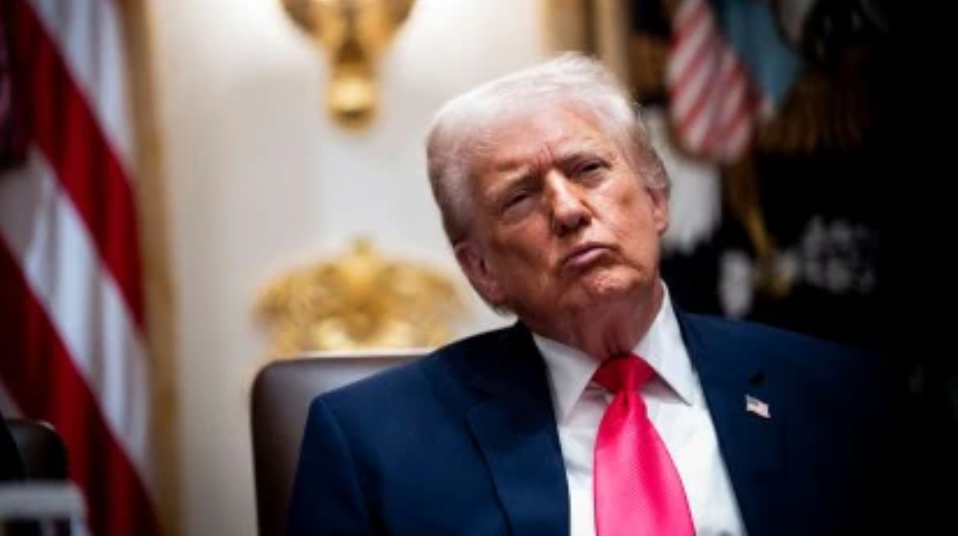
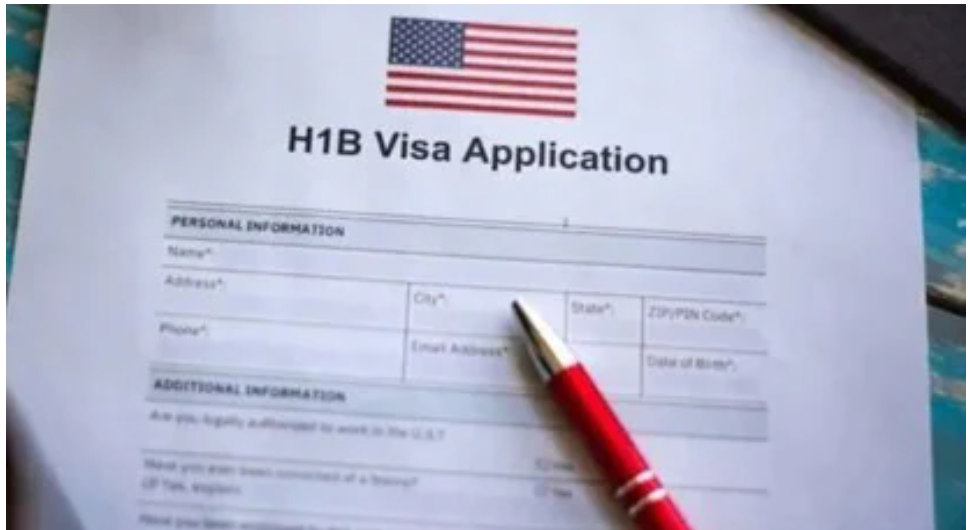
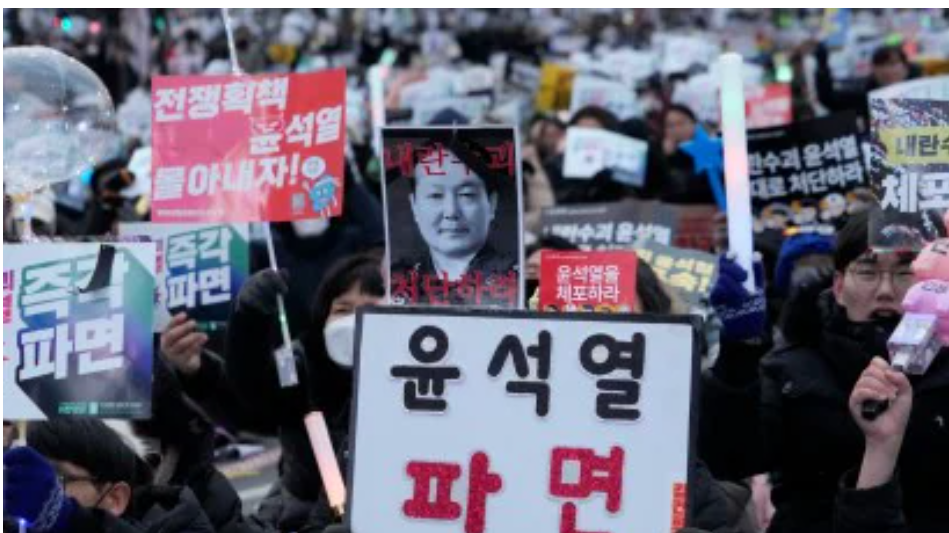


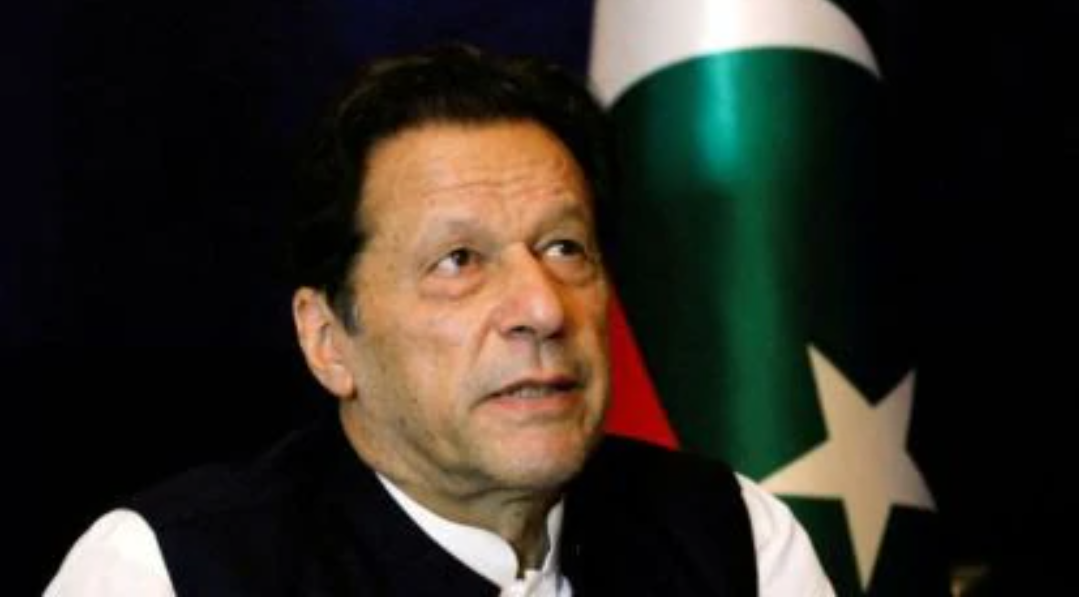




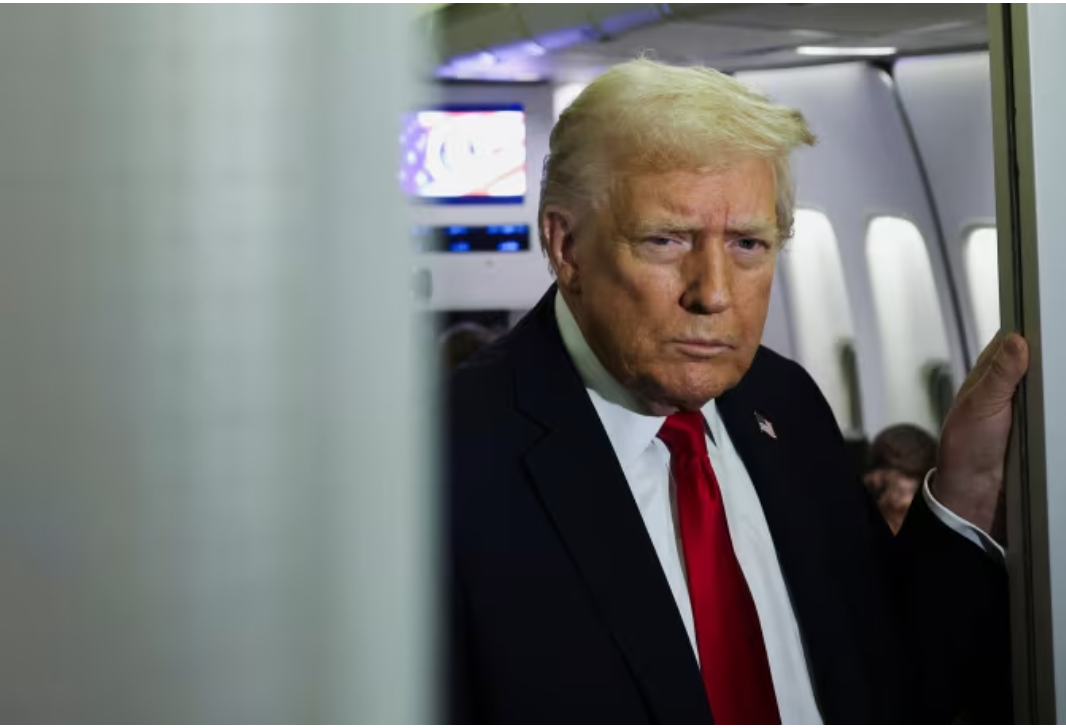

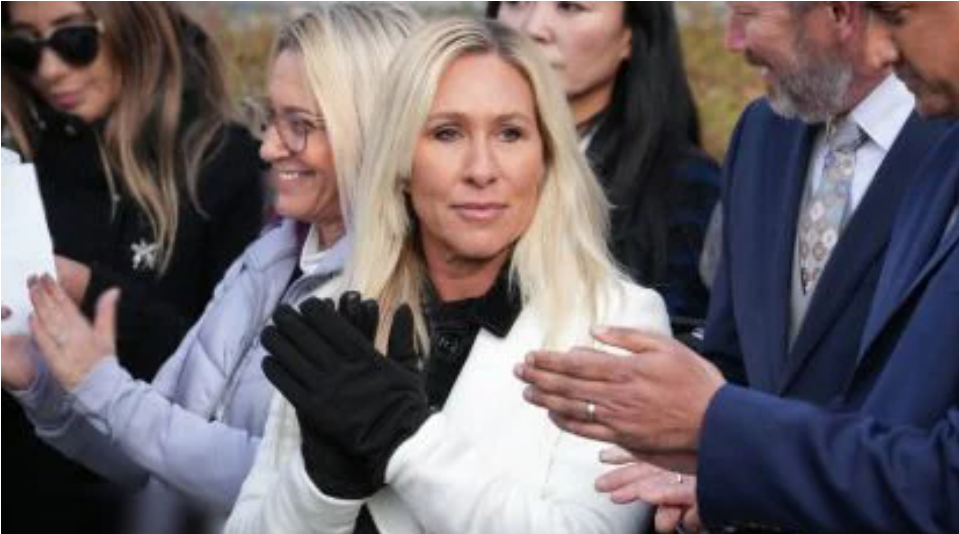





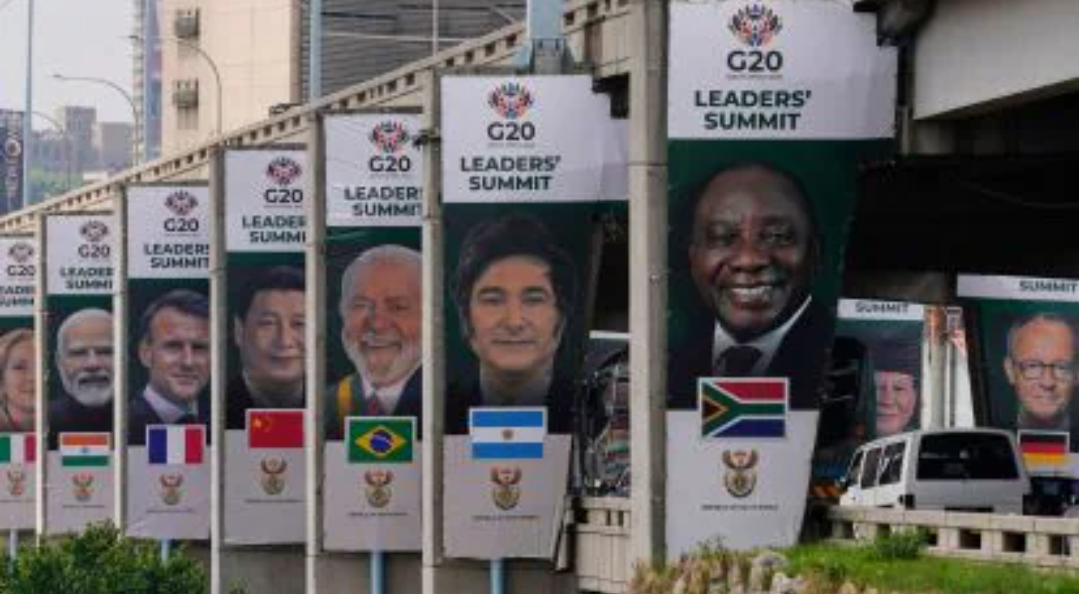
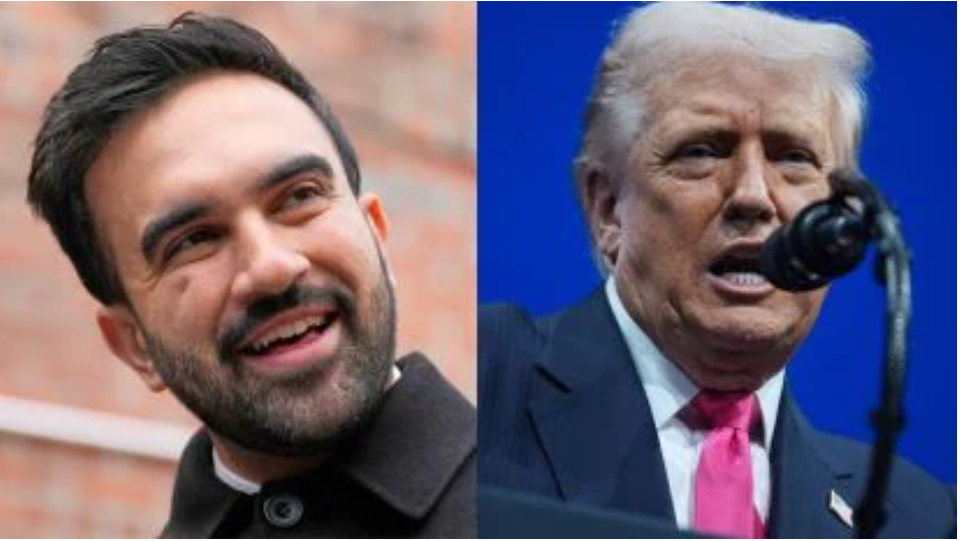





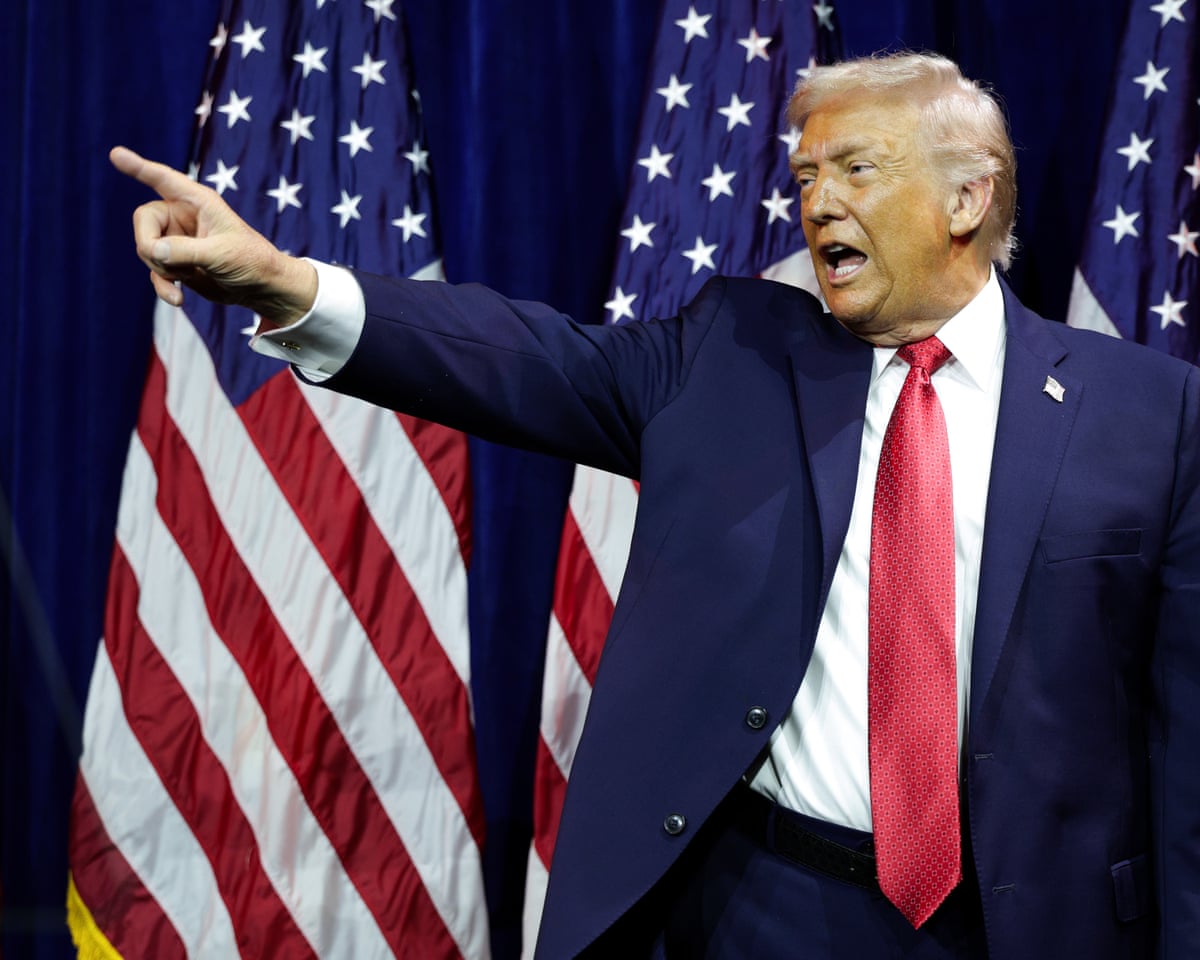
Leave a Reply